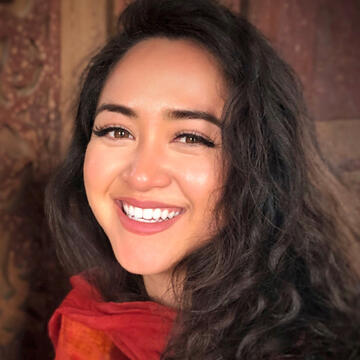
Michiko Kealoha
Adjunct Professor
Part-Time Faculty
Biography
Dr. Kealoha is a mother scholar dedicated to serving the community through student affairs. She has committed 15+ years of service to higher education communities and is passionate about seeking justice and radically imagining with students to create positive change in our educational systems.
Research Areas
- Human rights education
- Social movements
- Counter-narratives and storytelling through the arts
- Community colleges
Appointments
- Institute Director of NASPA Community College Division
- President of California Community Colleges Student Affairs Association
- Director of Marketing and Public Relations for the Northern California Cherry Blossom Festival Queen Program
Education
- University of San Francisco, Ed.D. in International and Multicultural Education, Emphasis: Human Rights Education, 2022
- University of the Pacific, MA in Educational Administration, Emphasis: Leadership & Student Affairs, 2011
- University of the Pacific, BA in English and Film, 2009
Awards & Distinctions
- University of San Francisco Commencement Speaker, 2022
- TedX Featured Speaker, 2020
- San Mateo County Community College Board of Trustees Above and Beyond Award, 2018
- University of the Pacific Residence Director of the Year, 2011
- University of the Pacific and San Joaquin County Woman of Distinction Award, 2011
Selected Publications
- Kealoha, M. (2023). Reeling and healing from hate speech: Student affairs professionals’ of color share post-pandemic imaginations for community colleges. Educational Studies: Special Issue on COVID and White Supremacy, 58(2).
- Kealoha, M. (2022). Uncertain and unpacking: How moving and rebuilding our home during COVID-19 led to reinventing my work. In Goings , R.B., Antione, S.C., Tomlin, A., & Gardner, M. Contemporary Perspectives on Access, Equity, and Achievement: Dissertating During a Pandemic, Narratives from Scholars of Color. Information Age Publishing
- Kealoha, M. (2020). Chasing rainbows: Finding our interwoven narrative and voice through collaborative auto-ethnographic poetry. International Journal of Human Rights Education, 4(10), 1-28.